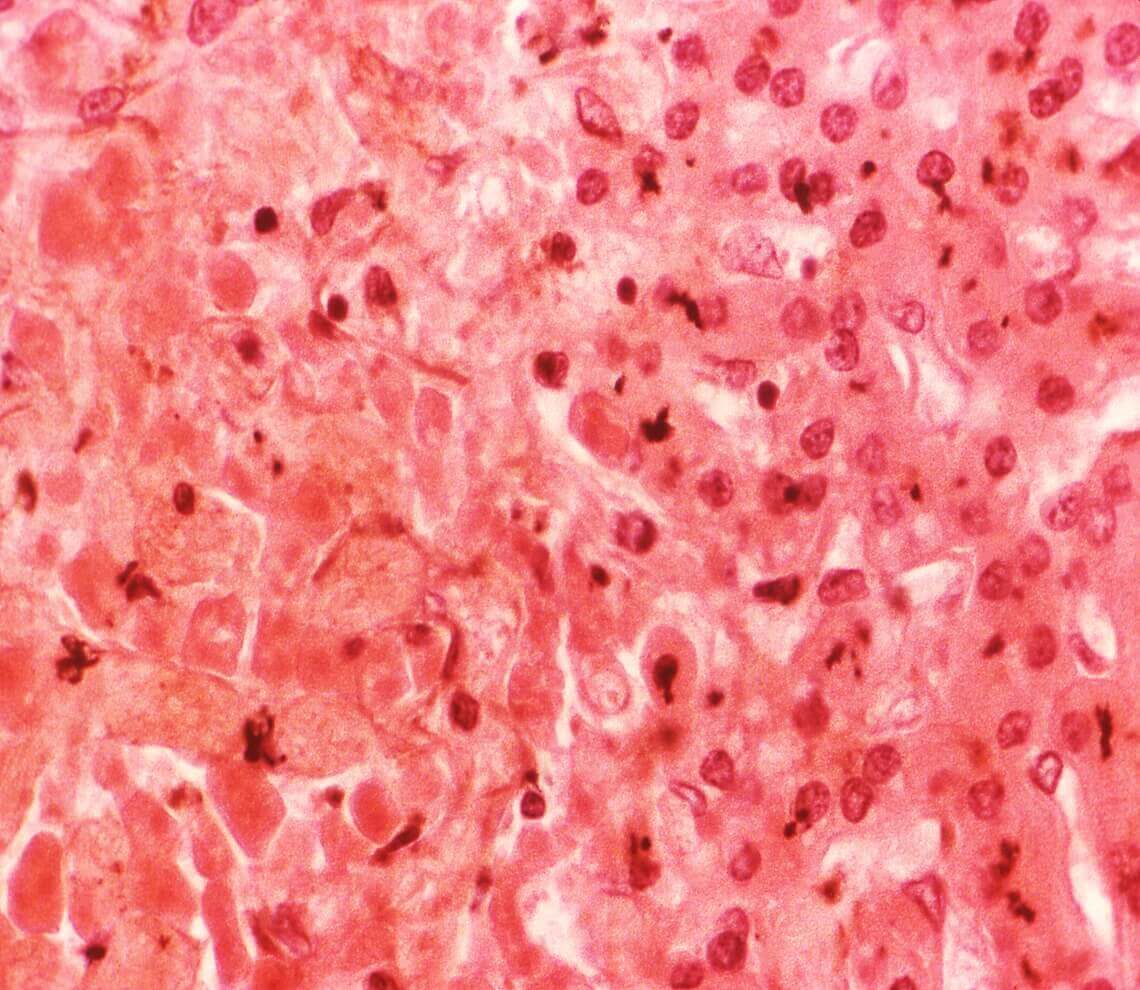- Our Suppliers
- MBS Monoclonals
- MOUSE Anti-HUMAN COMPLEMENT FACTOR H Antibody
Product short description
Price:
597 EUR
Size:
100ug
Catalog no.:
GEN212919
Product detailed description
Purification method
N/A
Immunoglobulin isotype
IgG1
Clone
42287
French translation
anticorps
Category
Antibodies
Clonality
Monoclonal
Latin name
Mus musculus
Also known as
COMPLEMENT FACTOR H
Host organism
Mouse (Mus musculus)
Subcategory
Mnoclonal antibodies
Concentration
IgG concentration 1.0 mg/ml
Form/Appearance
Purified (Purified IgG - liquid)
Tested applications:
Western Blot (WB), ELISA (EIA), Immunohistology - Frozen (IHC), Flow Cytometry (FACS)
Other gene names
CFH; CFH; FH; HF; HF1; HF2; HUS; FHL1; AHUS1; AMBP1; ARMD4; ARMS1; CFHL3; HF; HF1; HF2
Gene name synonims
CFH; CFH; FH; HF; HF1; HF2; HUS; FHL1; AHUS1; AMBP1; ARMD4; ARMS1; CFHL3; HF; HF1; HF2
Gene name
CFH; CFH; FH; HF; HF1; HF2; HUS; FHL1; AHUS1; AMBP1; ARMD4; ARMS1; CFHL3; HF; HF1; HF2
Species reactivity
Human (Homo sapiens); Due to limited knowledge and inability for testing each and every species, the reactivity of the antibody may extend to other species which are not listed hereby.
Other names
complement factor H isoform a; Complement factor H; complement factor H; beta-1H; factor H-like 1; beta-1-H-globulin; H factor 1 (complement); H factor 2 (complement); adrenomedullin binding protein; complement factor H, isoform b; age-related maculopathy susceptibility 1; complement factor H; H factor 1
Storage and shipping
Store the antibody at +4 degrees Celsius for short-term storage and at -20 degrees Celsius for long-term.Storage in frost-free freezers is not recommended. the antibody should be stored undiluted. Repeated freeze - thaw cycles may denature the peptide chains of the antibody and therefore should be maximally avoided. If there is a precipitate in the vial we recommend you to briefly microcentrifugate it prior to use. Shelf Life: 18 months from date of dispatch.
Test
MBS Monoclonals supplies antibodies that are for research of human proteins.Mouse or mice from the Mus musculus species are used for production of mouse monoclonal antibodies or mabs and as research model for humans in your lab. Mouse are mature after 40 days for females and 55 days for males. The female mice are pregnant only 20 days and can give birth to 10 litters of 6-8 mice a year. Transgenic, knock-out, congenic and inbread strains are known for C57BL/6, A/J, BALB/c, SCID while the CD-1 is outbred as strain.
Properties
If you buy Antibodies supplied by MBS Monoclonals they should be stored frozen at - 24°C for long term storage and for short term at + 5°C.Human proteins, cDNA and human recombinants are used in human reactive ELISA kits and to produce anti-human mono and polyclonal antibodies. Modern humans (Homo sapiens, primarily ssp. Homo sapiens sapiens). Depending on the epitopes used human ELISA kits can be cross reactive to many other species. Mainly analyzed are human serum, plasma, urine, saliva, human cell culture supernatants and biological samples.
Description
This antibody needs to be stored at + 4°C in a fridge short term in a concentrated dilution. Freeze thaw will destroy a percentage in every cycle and should be avoided.Aplha, transcription related growth factors and stimulating factors or repressing nuclear factors are complex subunits of proteins involved in cell differentiation. Complex subunit associated factors are involved in hybridoma growth, Eosinohils, eritroid proliferation and derived from promotor binding stimulating subunits on the DNA binding complex. NFKB 105 subunit for example is a polypetide gene enhancer of genes in B cells.
Specificity and cross-reactivity
COMPLEMENT FACTOR H This item recognises human complement factor H which exists in 2 forms. The most common form, of 150 kDa, and the less common form of 43 kDa. Factor H is secreted by the liver into the blood serum. It is important in regulating the complement pathway, preventing unnecessary inflammation which can damage the host tissue. _x000D__x000D_Complement factor H functions as a cofactor in the inactivation of C3b by factor I. It makes C3b susceptible to cleavage by factor I, resulting in iC3b. Factor H also inhibits the formation of the C3bBb complex (C3 convertase) and increases the rate of dissociation of both C3 convertase and the (C3b)NBB complex (C5 convertase). This prevents these components of the classical and of alternative complement pathways from forming a positive feedback loop. _x000D__x000D_Mutations in factor H are associated with hemolytic-uremic syndrome, age-related macular degeneration, membranoproliferative glomerulonephritis (MPGN) type II and chronic hypocomplementemic nephropathy.; Since it is not possible to test each and every species our knowledge on the corss reactivity of the antibodies is limited. This particular antibody might cross react with speacies outside of the listed ones.
© Copyright 2016-Tech News . Design by: uiCookies

